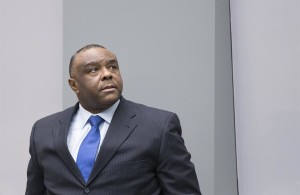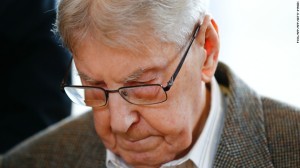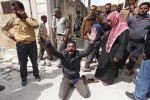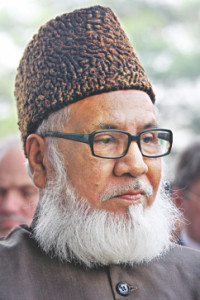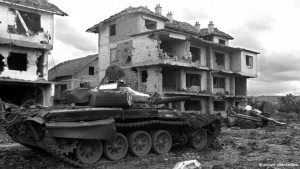by David Tolbert*
An independent mechanism established by the UNGA is working towards abolishing the reign of criminal impunity in Syria.
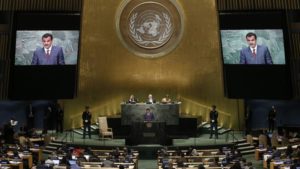
The Emir of Qatar, the country that led the efforts to establish the Mechanism alongside Liechtenstein, addressed the UNGA in September 2016 ©Reuters
Six years into the carnage in Syria, atrocious crimes run rampant, with savage abuses committed against all groups in the devastated country, and the murderous regime, abetted by powerful allies, is still in power.
The United Nations Security Council remains in a deadlock and unable to take any steps towards ensuring accountability for the massive crimes, with the International Criminal Court left on the sidelines.
However, amid the terrible loss of life, hope that the slow wheels of justice will finally be put in motion emerged recently from an unlikely source - the UN General Assembly.
In December 2016, the UNGA, led by Liechtenstein and Qatar, established an “Independent Mechanism to assist in the investigation of serious crimes committed in Syria since March 2011”.
With this step the UNGA, usually associated with administrative and budgetary matters, has asserted itself in a highly welcome if unusual manner, signaling the deep frustration with the failure of other UN organs and the great powers to stop the killing in Syria.
The move also demonstrates that small states can galvanise the international community around issues of global significance and catalyse a collective response.
The term “Mechanism” indicates that the powers of this newly established body will not mirror those of a court or a commission of inquiry.
Instead, the focus of its mission will be to collect and analyse evidence, which could then be available for courts or tribunals in the future to prosecute these massive crimes. Continue reading

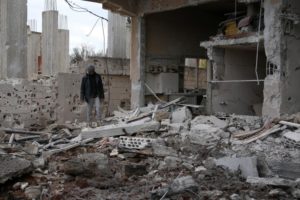
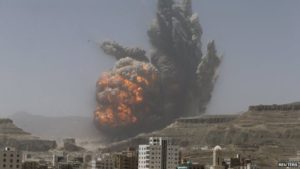
 Goran Hadžić, the former Croatian-Serb rebel leader,
Goran Hadžić, the former Croatian-Serb rebel leader, 